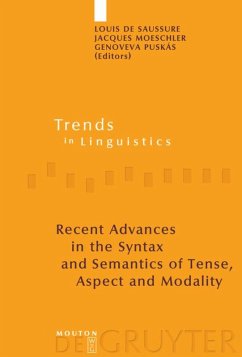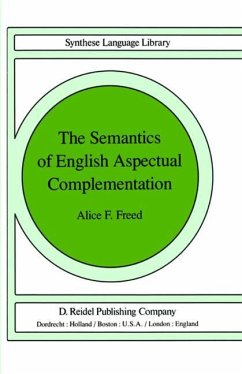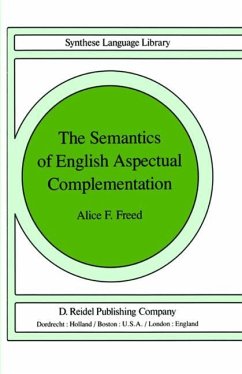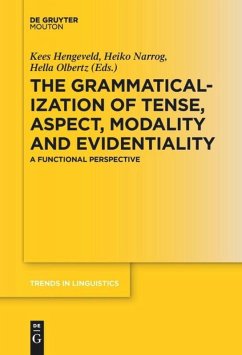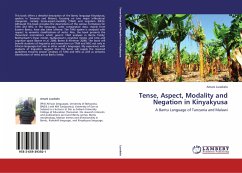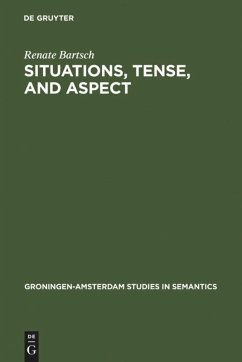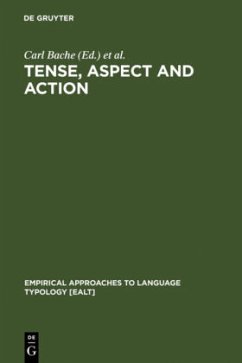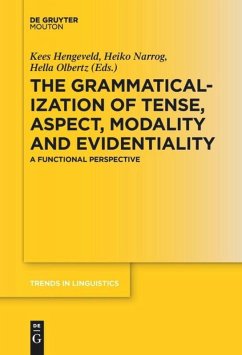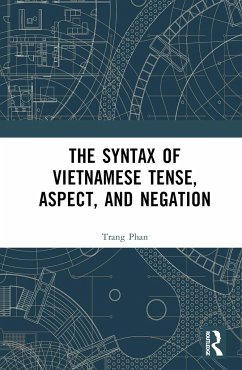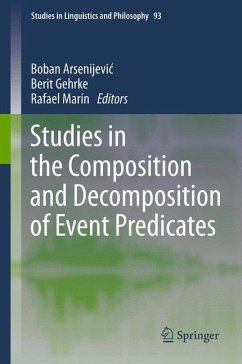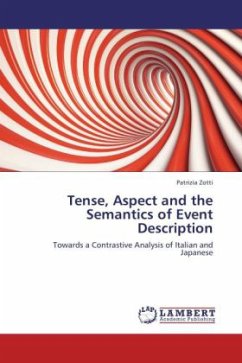
Tense, Aspect and the Semantics of Event Description
Towards a Contrastive Analysis of Italian and Japanese
Versandkostenfrei!
Versandfertig in 6-10 Tagen
51,99 €
inkl. MwSt.

PAYBACK Punkte
26 °P sammeln!
Temporal analysis of events is an important part of many natural language processing tasks. We expect events to contain the same temporal information regardless of the language, however, the way temporal information is encoded via lexical or grammatical properties differs from language to language. While the lexical aspect of event semantics is relatively similar across languages, the grammatical aspect varies greatly, and concepts of tense and aspect may not be shared across languages, preventing a simple correspondence of verbal forms between two languages from being established. This work r...
Temporal analysis of events is an important part of many natural language processing tasks. We expect events to contain the same temporal information regardless of the language, however, the way temporal information is encoded via lexical or grammatical properties differs from language to language. While the lexical aspect of event semantics is relatively similar across languages, the grammatical aspect varies greatly, and concepts of tense and aspect may not be shared across languages, preventing a simple correspondence of verbal forms between two languages from being established. This work represents a first theoretical and empirical contrastive investigation on how temporal information is conveyed in Japanese and Italian with a focus on the semantics of events and how they are reported. We include a classification of eventuality types and their expression in tense and aspect, making this work useful for researchers working on tasks that require detailed, cross-lingual temporalanalysis. We empirically support our theoretical proposal by building and semi-automatically annotating a parallel Japanese-Italian corpus with temporality tags.



